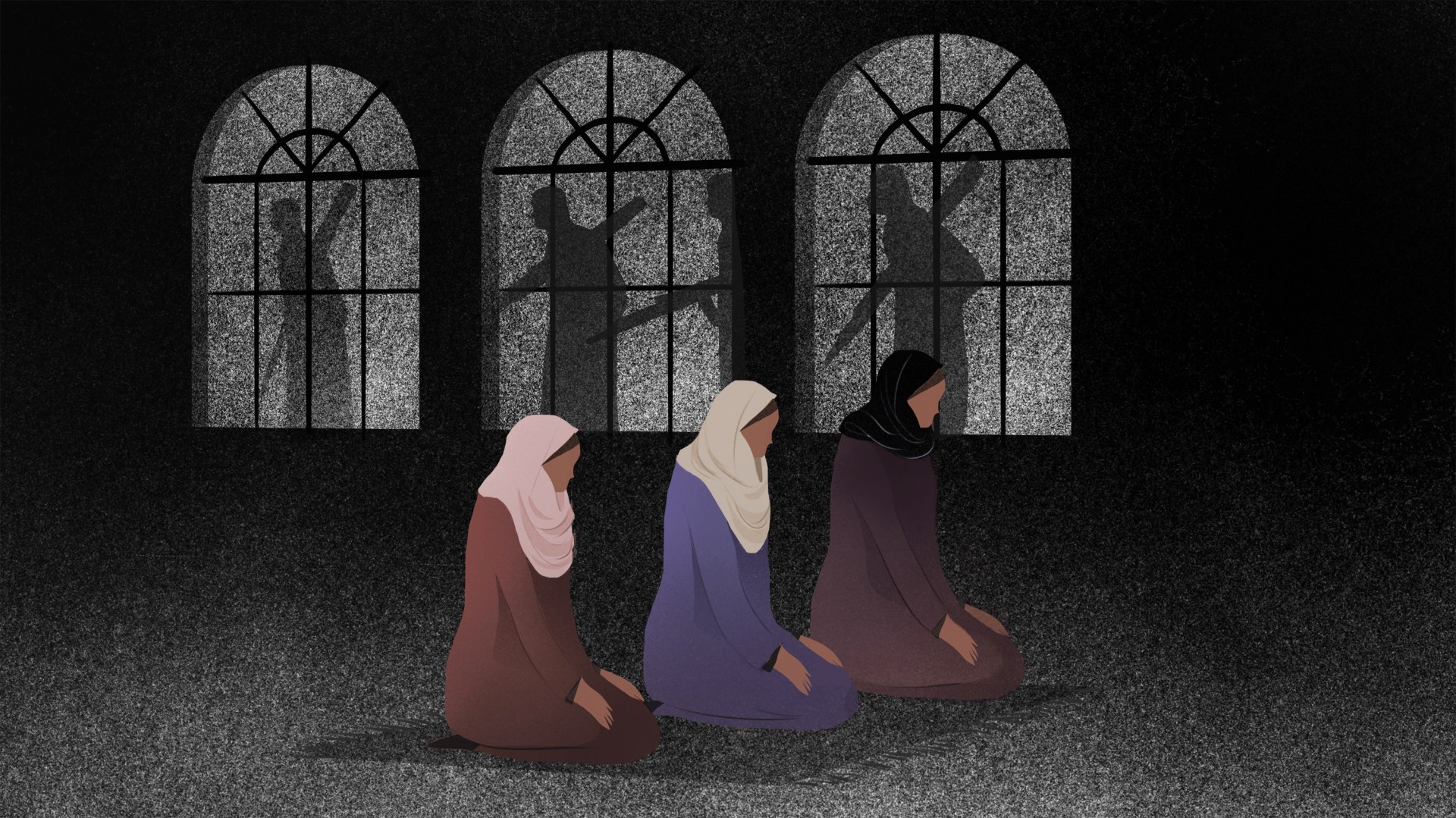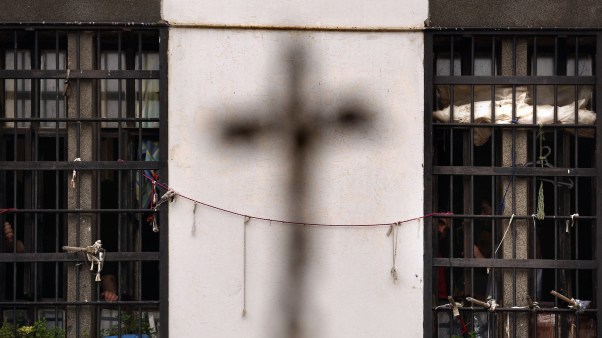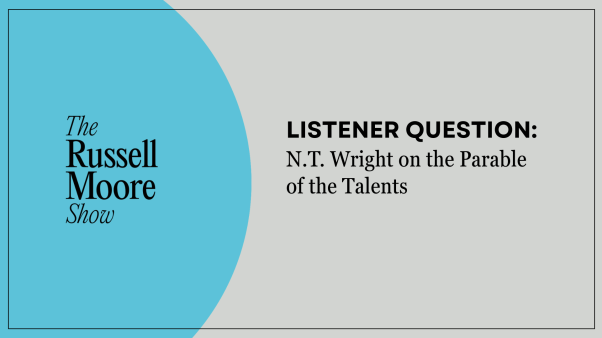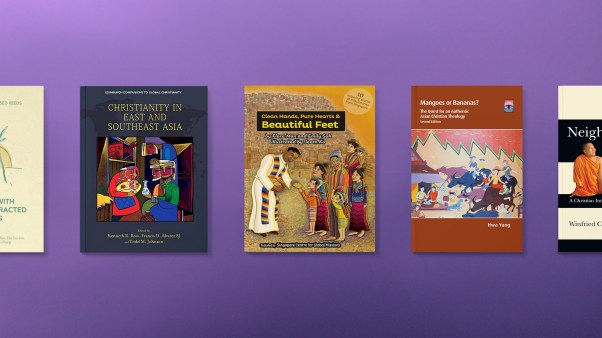For Egyptian Christians, 2017 was the deadliest modern year on record. At least 87 were killed by terrorists.
But despite being labeled by ISIS as its “favorite prey,” Copts were only 12 percent of such fatalities last year. Far more Muslims died in extremist violence at the hand of fellow believers.
Unless they aren’t believers at all.
If American Christians often don’t know how to understand Islam, they can take some comfort knowing that Egyptian Muslims struggle too.
A tragic case study occurred in December, when more than 300 people were killed at a Sinai mosque belonging to a Sufi order. Sufi Muslims are known for their mystical practices in search of spiritual communion with God. Many also seek intercession at the graves of Muslim saints.
In casual but solemn conversation at an upper-class organization in Cairo, one well-educated Egyptian woman reflected on the tragedy with colleagues. “Yes, but they are Sufis,” she said. “They’re not really Muslims.”
The woman was not making light of the massacre, nor justifying it. But she had internalized a message preached by another type of Muslim—Salafis—who judge Sufi practices to be outside the bounds of orthodox Islam. And when Salafis become jihadists, they may well kill Sufis as apostates.
In angry conversation with a middle-class taxi driver in Cairo, one typical Egyptian denounced ISIS for its crimes against both mosques and churches. “No, we can’t say that they aren’t Muslims,” he said. “Of course they are.”
What causes such confusion? Innocent victims, praying in a mosque, are placed outside of Islam while murderers, salivating at the entrance, remain in the faith?
At issue is a pernicious concept in the Muslim world called takfir in Arabic. It means the process of calling someone a kafir—an infidel.
“Takfir is a disastrous condemnation,” said Mustafa Akyol, a prominent Turkish journalist and author of The Islamic Jesus. “It makes ISIS attack fellow Muslims, while mainstream institutions just push them out of Islam and do not address the theology behind the madness.”
At its core, takfir doesn’t sound problematic. Its Arabic root, kufr, simply means unbelief, and it applies to any non-Muslim. To some degree, many evangelicals do takfir against those not “born again” (e.g., “They’re not really Christians”). But if a Muslim behaves in unorthodox fashion, as Salafis see Sufis, should that person be declared a kafir—or worse, an apostate? And what is the consequence?
“Apostasy is not a crime in the Qur‘an. It is a choice,” Akyol said. “But classical Islamic jurisprudence criminalized it and made it punishable by death.” At the time, leaving the faith also implied treason to the Muslim state.
But recent decades have seen a revival of the use of takfir, as some political Islamic groups and Salafis have accused governments and peoples alike of insufficient piety. Few demand death, and far fewer kill. But when a jihadist seizes upon the idea, it can cause disaster.
For Andrea Zaki, president of the Protestant Churches of Egypt, it is crucial that Christians don’t lump all Muslims together. “Muslims are like any other religious people around the world, with common values and a concern for life,” he said. “We must not generalize, but encourage the moderates in a vision of sharing the world with others.”
Sufis are much more amenable than Salafis, he explained. But too much should not be made of the Sufi distinction. Though most Egyptian Muslims do not bear the label, the Sufi spirit characterizes the people.
This is true also in Pakistan, said Warren Larson, professor emeritus of Muslim studies at Columbia International University. Living among Pakistanis for 23 years, he witnessed many engaging in the folk practices of popular religion. Salafis label it “innovation” and seek to purge it from Islam.
But a recent fatwa (religious edict) by 1,800 Pakistani imams seeks to purge suicide bombing. “This is an encouraging sign of a possible change in attitude,” Larson said. “In the end, only Muslims can make it happen.”
“Terrorism is the enemy of all human beings,” Zaki said. “A clear position is required from Muslim leaders.”
But in terms of takfir: Is ISIS within the faith? “This is a Muslim issue,” Zaki said, “and it is very complicated.”
Al-Azhar, Egypt’s 1,000-year-old Islamic institution, is widely considered the central authority in the Sunni Muslim world. It has also consistently condemned terrorism. But there has been significant pressure in Egypt against al-Azhar to reform, and some demand a new takfir.
Sufis are within the fold, al-Azhar says, though some go to excess. So is ISIS, though they are grave sinners.
“Takfir is a ploy to shed the blood of Muslims,” said Kamal Boraiqa, a professor of Islamic studies at al-Azhar University. “Labeling others as disbelievers ultimately leads to division and disunity of the community.”
A Muslim is defined by belief in certain pillars of faith, he said. While God alone can know the heart, only public denial can make one a non-Muslim.
Good deeds or grave sins are a separate matter, complementary to faith. Disbelief is not a punishable offense. But unlawful warfare—including terrorism—is subject to harsh penalties.
“Declaring terrorists as unbelievers would therefore do no practical good,” Boraiqa said. “And involvement in takfir departs from the essence of Islam.”
The issue is complicated, and scholars disagree. One of Egypt’s prominent Sufis, Alaa Abul Azayim, is launching a campaign to demand a fatwa declaring ISIS to be infidels. Meanwhile, some Salafis and revolutionary Islamists declare Muslim rulers as infidels, relying on an interpretation of the Qur‘an that failing to govern by shari‘ah is a mark of unbelief.
In short: Takfir is not going away.
Boraiqa is also a member of the al-Azhar Observatory for Combatting Extremism, which monitors and counters online jihadist messaging in nine languages. But more work is needed, as the message is not reaching everyone—even those who agree.
“I cannot call ISIS ‘non-Muslim,’ primarily because most Muslims cannot bring themselves to do so,” Larson said. “And as for al-Azhar, they cannot do it and remain true to the portions of their scripture that support extremism.”
Akyol also is critical, saying Islamic jurisprudence should be reformed. “Muslims are saying, ‘No, you can’t call fellow Muslims apostates,’ and they are right,” he said. “But they should also challenge the very notion that even self-declared ‘apostates’—such as atheists—must be punished.”
As with Zaki, Akyol’s lesson for American Christians is not to generalize Islam. During Europe’s Dark Ages, crusaders committed atrocities. Were they Christians? Certainly, but their violent interpretations of the faith are now rejected by almost all Christians.
For Akyol, Islam’s Dark Ages are today. “Saying ‘this has nothing to do with Islam’ is wrong; it is not realistic,” he said. “But saying ‘this is Islam’ is also wrong. It is very unfair.”
Jayson Casper is a Cairo-based correspondent for
Christianity Today
.










